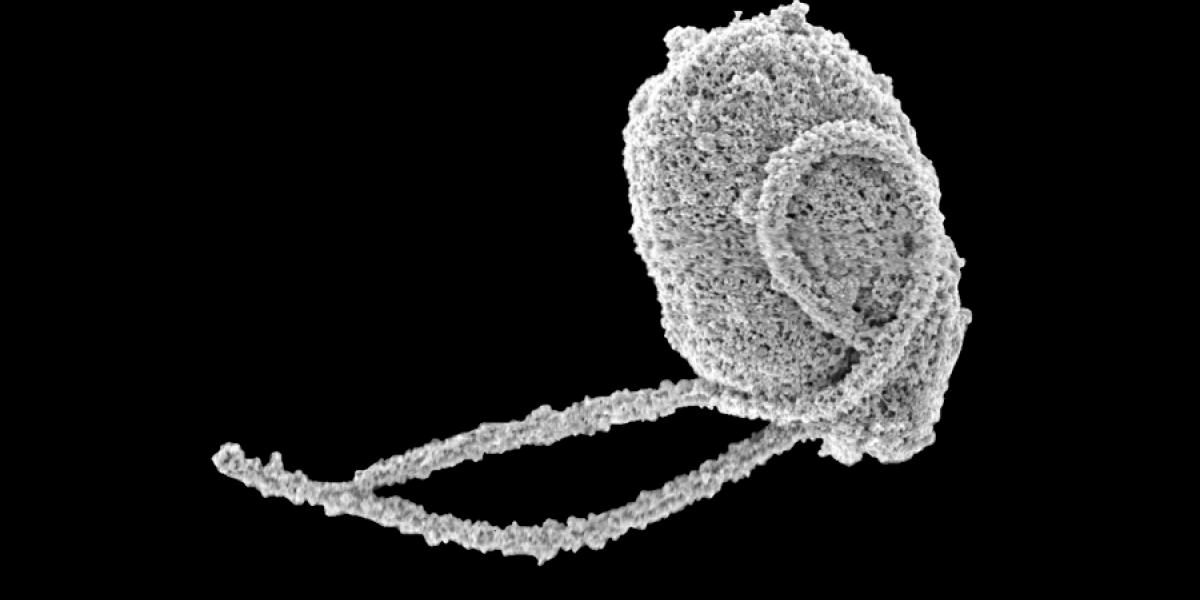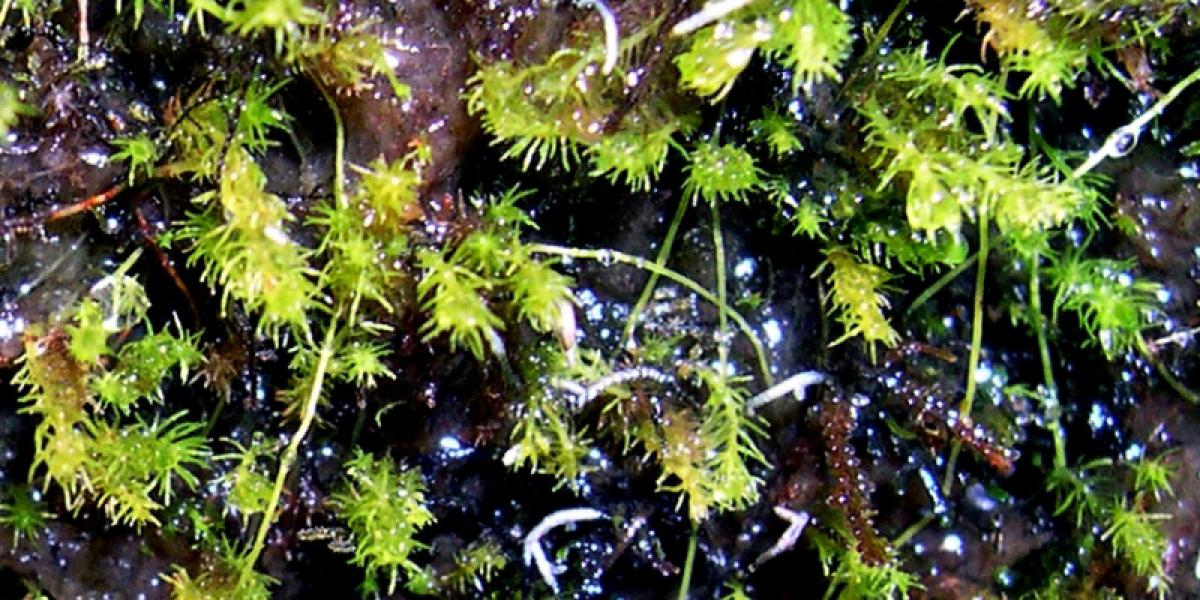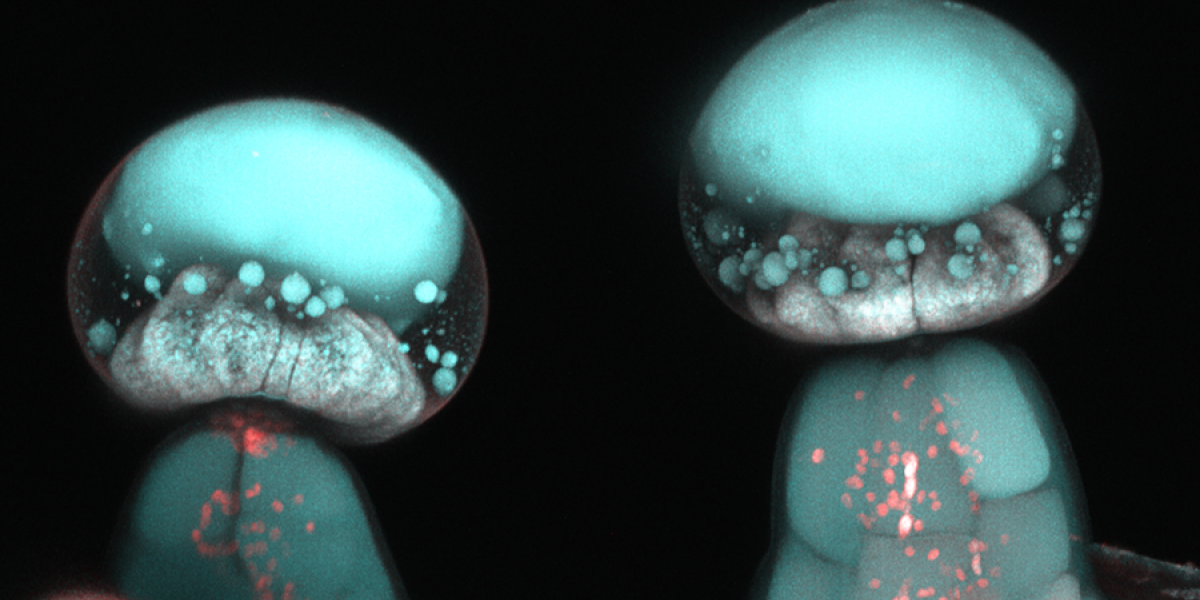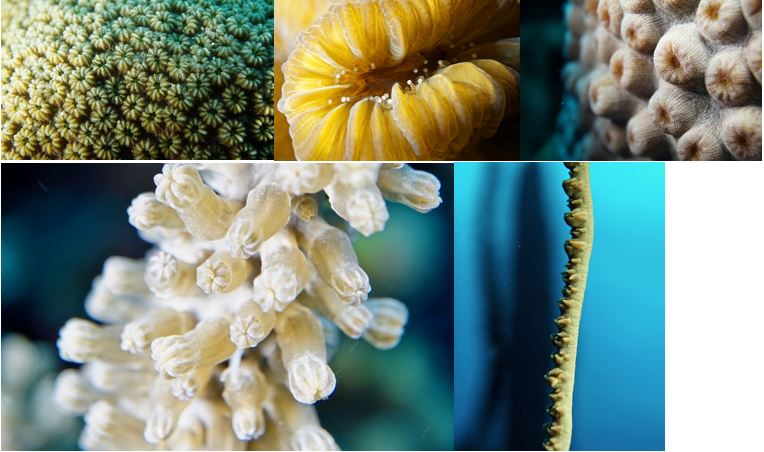| Picture | Title | Description |
|---|---|---|
 |
Spawn of the triffid? Tiny organisms give us glimpse into complex evolutionary tale |
Two newly discovered organisms point to the existence of an ancient organism that resembled a tiny version of the lumbering, human-eating science fiction plants known as ‘triffids,’ according to research in Nature. The microscopic protists Rhodelphis limneticus and Rhodelphis marinus are genetically ‘sisters’ to red algae, but couldn’t be more different. Red algae are fleshy, large organisms with a simple… |
 |
Collecting the Impossible moss: BC species key to charting 1 billion years of plant evolution |
An international team of researchers have completed a massive effort to sequence genes from more than 1,100 plant species—an undertaking that saw UBC botanists collect rare mosses from remote corners of BC, and travel to the South Pacific to collect parasitic plants. “One of the crucial samples we wanted to include was a parasitic conifer… |
 |
The frostier the flower, the more potent the cannabis |
Cannabis flowers with the most mushroom-shaped hairs pack the biggest cannabinoid and fragrance punch, according to new research from the University of British Columbia. While the cannabis leaf is iconic, it’s the chemicals produced by the tiny, frostlike hairs on cannabis flowers that give the plant its psychoactive and medicinal properties and distinctive smell. In… |
 |
Dive into the mysterious connection between malaria and coral reefs – Patrick Keeling |
For most of us, microbes mean only one thing: disease. Disease-causing microbes are actually the extreme minority of the most abundant form of life on Earth. But because of their immediate and direct importance to our health, they are much better studied than the rest of the microbial world. Still, new discoveries about the basic… |
 |
Viruses have helped to sculpture life and the world we live on |
By 2019 Wall Scholar Curtis Suttle, a Professor and Fellow of the Royal Society of Canada at the University of British Columbia, where he shares an office with billions of viruses. The novel coronavirus, SARS-CoV-2, is just the latest in what seems to be a never-ending war against the spread of viral diseases; Measles, Influenza, HIV,… |






